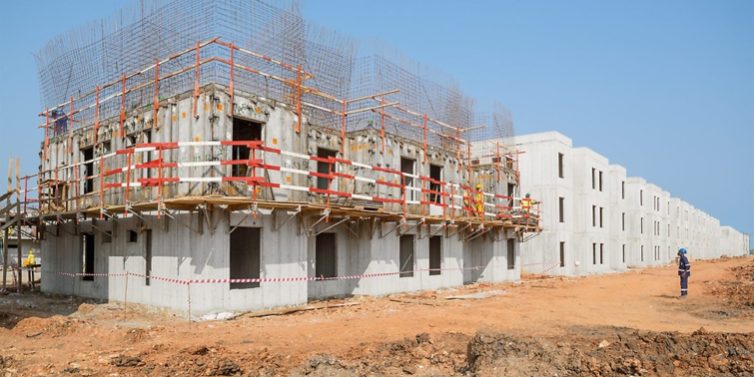Ghana’s construction and real estate sector has experienced a remarkable boom in recent years, positioning the country as a significant hub for investment and development in West Africa.
This growth is driven by a combination of factors, including a robust economy, political stability, and an increasing demand for residential, commercial, and industrial properties.
Economic Growth and Urbanization
Ghana’s steady economic growth, averaging around 6% per year, has spurred urbanization and increased disposable income, leading to a surge in demand for housing and commercial spaces. Cities like Accra, Kumasi, and Takoradi are expanding rapidly, with new residential developments, shopping malls, office buildings, and industrial parks transforming the urban landscape.
Government Initiatives and Policies
The government of Ghana has implemented several initiatives to support the construction and real estate sector. Programs such as the One District One Factory (1D1F) and the Affordable Housing Project aim to boost industrialization and provide affordable housing to meet the needs of the growing population. These initiatives have attracted both local and international investors, fostering a competitive and vibrant market.
The real estate market in Ghana offers lucrative investment opportunities, particularly in the luxury and middle-income housing segments.
The value of the real estate market in Ghana is projected to reach US$458.52 billion this yeah
